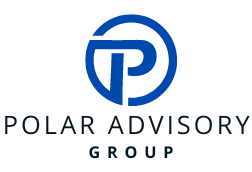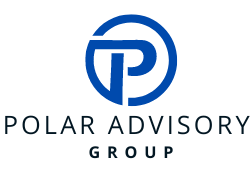Malaysia is taking a bold step toward sustainability accountability with the launch of its National Sustainability Reporting Framework (NSRF) in September 2024. Starting in 2025, large companies will be required to disclose their sustainability performance using globally recognised standards — a significant move toward improving corporate transparency and ESG governance.
At the core of NSRF are two key standards from the International Sustainability Standards Board (ISSB): IFRS S1 and IFRS S2. These aim to provide consistent, credible, and comparable sustainability-related information for investors, regulators, and stakeholders.
IFRS S1 requires companies to disclose how sustainability risks and opportunities impact their business model, strategy, and financial outlook. Meanwhile, IFRS S2 focuses on climate-related disclosures — including governance structures, risk management processes, and greenhouse gas emissions across Scopes 1, 2, and 3.
Malaysia’s approach to implementation is gradual:
- Group 1: Main Market issuers with market capitalisation above RM2 billion — reporting begins 1 January 2025
- Group 2: Main Market issuers below RM2 billion — from 1 January 2026
- Group 3: ACE Market issuers and large non-listed companies (revenue ≥ RM2 billion) — from 1 January 2027
These reporting requirements mark a turning point for how businesses in Malaysia account for sustainability. By adopting international standards, companies will provide clearer insights into how they are responding to ESG risks, including climate-related threats that increasingly affect Malaysian industries and communities.
Importantly, the NSRF framework is backed by tools to support implementation. The Securities Commission’s Guide for Boards and the Advisory Committee on Sustainability Reporting (ACSR)’s PACE toolkit are helping businesses prepare, especially those new to structured ESG reporting.
The message is clear: transparency is the new currency of trust in business. And Malaysia is stepping up.


